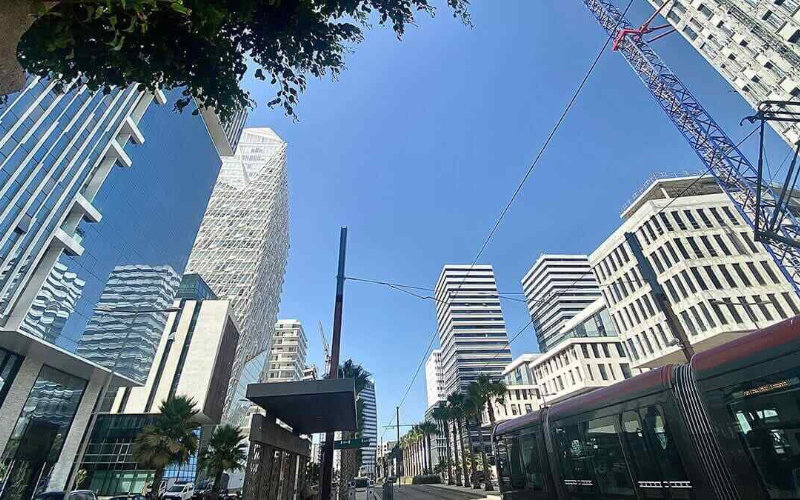Casablanca Region Sees Major Infrastructure Boost in 2024

The Casablanca-Settat region is currently undergoing major transformations. In 2024, efforts have continued to make it a major player in national development.
Several large-scale projects are changing the face of the region, strengthening its infrastructure and impacting the daily lives of Casaouis. The public transport sector, for example, is undergoing a transformation.
The public transport network continues to expand. With the commissioning of lines T3 and T4, the tramway now covers 98 km. At the same time, the two Casabusway lines connect urban areas that were previously less served, such as Dar Bouazza and Oulad Azzouz, according to the newspaper Les Inspirations Eco.
Mohammed V Airport is undergoing expansion work, with a new terminal intended to double its capacity. The road network is also affected, with the widening to eight lanes of the motorway between Mohammedia and Casablanca and the construction of underground car parks, such as the one in the Triangle des Hôtels.
The region is increasingly integrating the environmental dimension into its projects. There is an increase in the number of green spaces and leisure parks. The Casablanca seawater desalination plant, the largest in Africa, is a testament to a different approach to water resource management.
The economic activity of the region continues to develop. The SOMACA plant in Casablanca now assembles the Renault Kardian, a vehicle for export. Companies like Figeac Aéro and Trelleborg are making significant investments in production units in the territory. The creation of new industrial zones in El Jadida, Berrechid, Settat and Médiouna shows a desire to better distribute economic dynamism.
The Casablanca financial center, Casablanca Finance City (CFC), continues to attract foreign investors, confirming the city’s role as a financial hub in the entire region. The agri-food sector is modernizing, with projects like the Had Soualem platform, aimed at improving the efficiency of distribution channels.
Similarly, the region is implementing social inclusion policies, with the construction of social housing, the rehabilitation of neighborhoods and the improvement of health and education services. "Campaigns to free up public space and relocate households testify to a more harmonious urbanization," notes the newspaper.
On the cultural level, the region hosts festivals like Jazzablanca and L’Boulevard. On the sports side, the construction of the Grand Stade Hassan II in Benslimane, in view of the 2030 World Cup, indicates an ambition for development in this field.
Related Articles
-

Ambitious 104km Highway Project Accelerates Eastern Morocco’s Economic Transformation
24 August 2025
-

Morocco Flexes Military Muscle: Successfully Tests Israeli Precision Missile in Eastern Region
24 August 2025
-

Massive Drug Bust: 87 Kilos of Hashish Seized at Morocco-Spain Border
24 August 2025
-

Tax-Free Shopping in Morocco: 5 Ways Travelers Can Save Big on Purchases
24 August 2025
-

Spanish Weapons Ban Backfires: Algeciras Port Loses to Moroccan Rival as US Ships Flee
24 August 2025